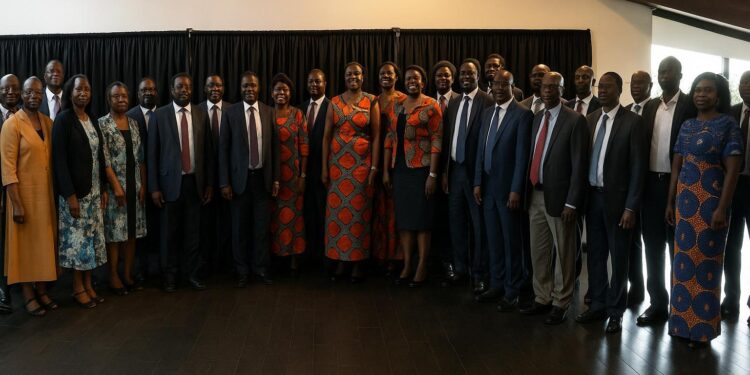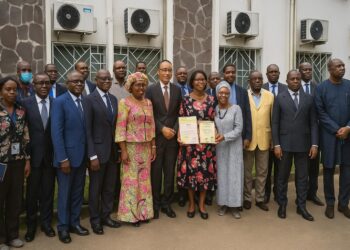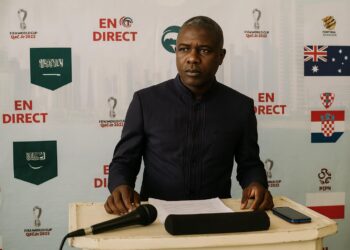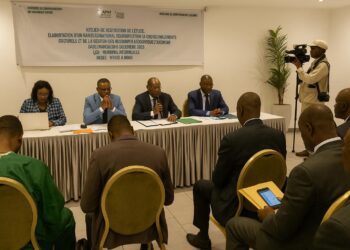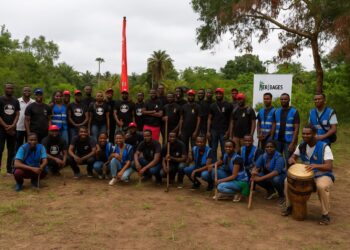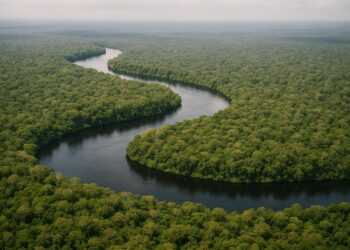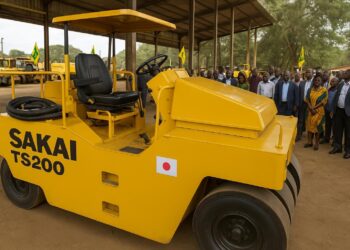Brazzaville workshop gathers key stakeholders
On 15 September, the Ministry of Agriculture convened sixty officials, UN agencies, private operators and civil-society leaders in Brazzaville to examine a new payment for environmental services (PES) planning tool. The two-day session marks the first public step toward a nationwide roll-out, officials said (government communique, CAFI brief).
Augustin Ngoliélé, adviser to the Prime Minister, opened the discussions by stating that a “standardised but flexible” framework is essential for attracting carbon and climate investors while safeguarding national priorities. His remarks framed the workshop as both a technical exercise and an early investment roadshow.
Lessons drawn from the ProREP experience
The pilot leans on the ProREP project, launched in 2020 to promote sustainable wood-fuel value chains. ProREP generated geospatial data on land use and community livelihoods now repurposed for the wider PES mechanism, according to UNDP project documents. Participants praised the continuity, noting it reduces learning curves and costs.
CAFI backing underpins regional coherence
Financial and technical support comes from the Central African Forest Initiative, whose 2015 partnership agreement with Brazzaville channels results-based payments for reduced deforestation. CAFI’s 2021 report lists PES as a priority instrument, positioning Congo alongside Gabon, Cameroon, the DRC, Equatorial Guinea and the Central African Republic in a shared architecture.
Inside the digital planning tool
Developers have produced two complementary applications: a land-suitability model linking satellite imagery with soil and rainfall datasets, and an economic simulator that projects revenue streams under different incentive levels. Together they allow planners to rank zones where modest payments could trigger significant reductions in forest-loss, said a technical note circulated at the workshop.
From generic template to national roadmap
The planning tool starts with a generic CAFI template and is refined through local parameters—crop mix, customary tenure, market access and biodiversity value. Officials expect the resulting roadmap to include phased enrolment targets, verification protocols and budget envelopes. Ngoliélé emphasised that the roadmap will “translate vision into bankable milestones”.
Expected benefits for farmers and investors
For smallholders, PES could generate an additional 50-80 USD per hectare annually, based on pilot scenarios shared by the Ministry. While modest, the income buffers climate shocks and lowers the opportunity cost of agroforestry. For financiers, the mechanism offers measurable impact metrics aligned with Article 6 carbon markets, said a delegate from the African Development Bank.
Alignment with national climate pledges
Congo’s updated Nationally Determined Contribution targets a 32 percent cut in greenhouse-gas emissions by 2030, largely through forest conservation. The PES tool provides an operational vehicle to translate those commitments into field activities, complementing the 2020 Forest Code that mandates sustainable management plans for concessions (official NDC submission).
Governance and verification safeguards
To reassure donors, the framework embeds third-party audits, community consent procedures and an open data portal. The Directorate of Forest Economics will host the portal, drawing on lessons from Gabon’s sovereign carbon bond issuance. Transparency, participants agreed, is key to maintaining Congo’s reputation as a credible carbon sink.
Phased implementation timeline
Phase one, running through mid-2024, focuses on validating the model in Plateaux and Cuvette departments, areas with active agroforestry cooperatives. Phase two extends to coastal and southern savannah zones by 2026, while a full national deployment is pencilled in for 2028, subject to funding flows, according to the draft roadmap.
Funding outlook and blended finance options
The government estimates initial needs at 25 million USD. Potential sources include CAFI’s results-based envelope, the Green Climate Fund and private climate-smart commodity buyers. Discussions also touch on a domestic green sukuk to crowd in diaspora savings, a concept being explored with regional stock-exchange advisers, officials confirmed.
Regional spill-over potential
Because the tool is coded in open-source software, neighbouring countries could adapt modules without starting from scratch. The Economic Community of Central African States sees this as a chance to harmonise MRV standards and pool verification costs, enhancing the region’s collective bargaining power in upcoming COP negotiations.
Challenges highlighted by civil society
Some NGOs cautioned that unclear land tenure could delay enrolment. They urged accelerated mapping of customary rights to avoid disputes. Government representatives acknowledged the point and noted that the 2022 Land Reform Bill, now before parliament, aims to clarify usufruct rules while respecting traditional authorities.
Digital literacy and capacity building
Experts from FAO observed that tablet-based data collection demands new skills at village level. The workshop therefore earmarked part of its agenda for hands-on training sessions. Participants agreed that retaining local youth as field technicians could curb rural exodus while tightening data reliability.
Gender lens in incentive design
Women account for roughly 70 percent of Congo’s food production yet often lack formal land titles. The PES design team plans to include a 10 percent payment bonus for plots managed by women’s groups, echoing similar incentives in Rwanda. The measure received strong endorsement during plenary debates.
Next steps after the workshop
A final report summarising technical feedback is expected within thirty days. The Ministry will then convene an inter-ministerial committee to validate the roadmap and launch pilot contracts with at least three cooperatives before the next rainy season, Ngoliélé told journalists. Stakeholders left the venue with cautious optimism.
Strategic relevance for Congo’s growth model
Beyond environmental goals, the PES mechanism aligns with the national strategy to diversify away from hydrocarbons by monetising ecosystem services. By marrying digital planning with international climate finance, Brazzaville positions itself as a laboratory for green-growth solutions tailored to the Congo Basin’s realities.

































